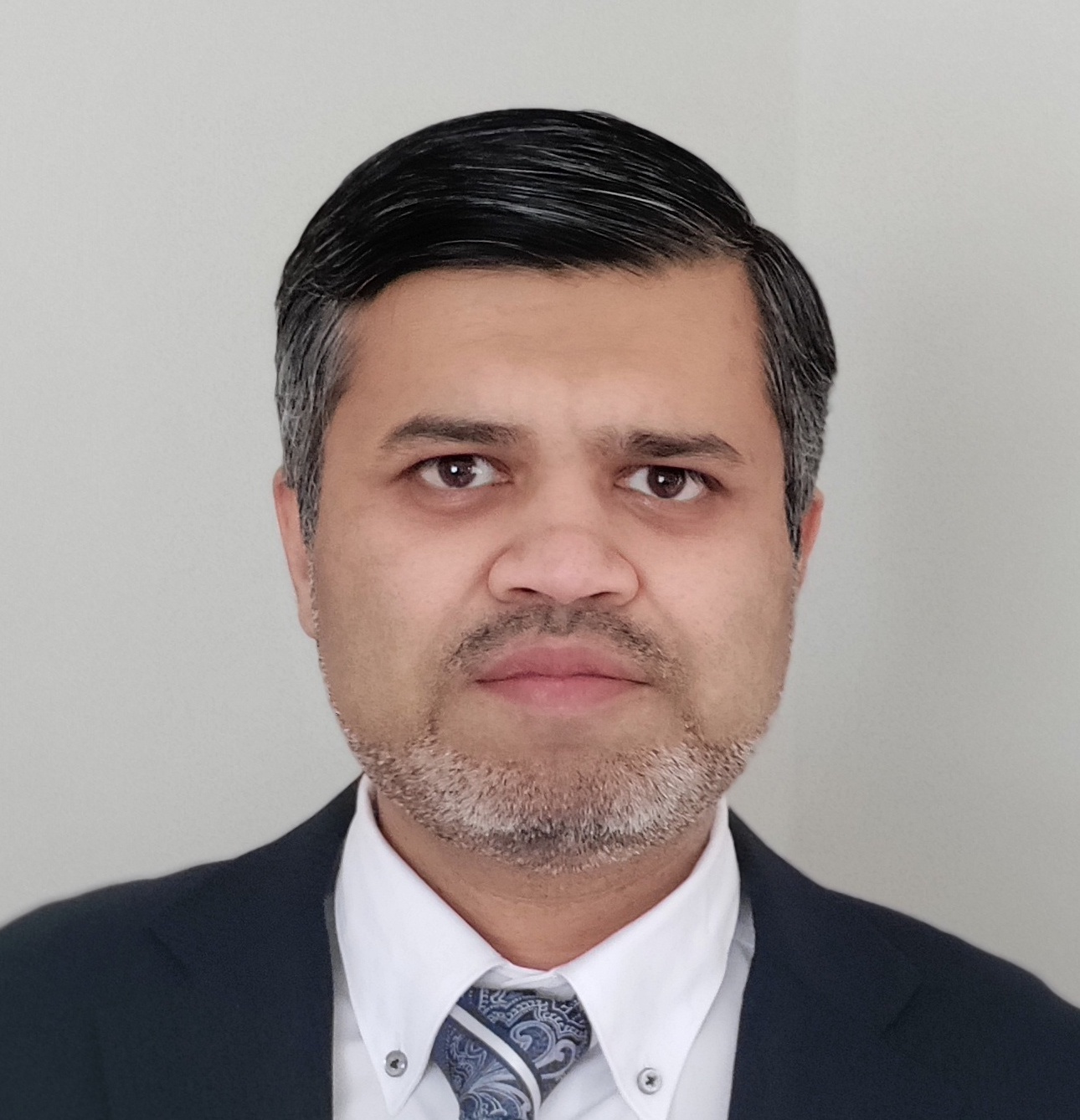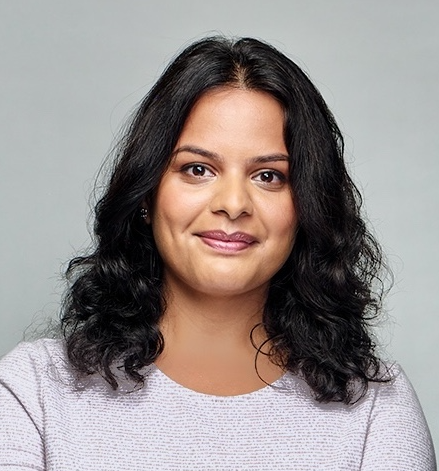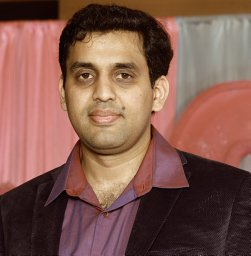
David Hsu
National University of Singapore
Bio:
David Hsu is a professor of computer science and the Director of Smart Systems Institute at the National University of Singapore (NUS). He is an IEEE Fellow. His research lies in the intersection of robotics and AI. In recent years, he has been working on robot planning and learning under uncertainty for human-centered robots. His work won multiple international awards, including, most recently, Test of Time Award at Robotics: Science & Systems (RSS) in 2021 and IJCAI-JAIR Best Paper Prize in 2022. He has chaired or co-chaired several international robotics conferences, including WAFR 2010, RSS 2015, ICRA 2016, and CoRL 2021. He served on the editorial boards of Journal of Artificial Intelligence Research and International Journal of Robotics Research. He is currently an Editor of IEEE Transactions on Robotics.








